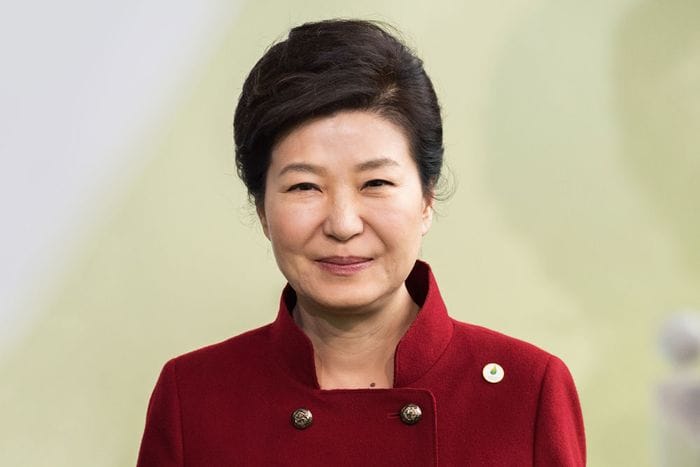South Korea’s Presidential Crisis: A Constitutional Conundrum
The Republic of Korea, a beacon of democracy in East Asia, is in the midst of a constitutional crisis. On December 9, 2016, the National Assembly voted to impeach President Park Geun-hye, a move that has sent shockwaves throughout the nation and beyond. This unprecedented decision has sparked widespread debate and uncertainty, as the country grapples with the implications of this historic event.
The roots of the crisis can be traced back to October 2016, when allegations surfaced that President Park had allowed her close friend, Choi Soon-sil, to exert undue influence over state affairs. Choi, who holds no official government position, was accused of using her proximity to the President to solicit bribes from major conglomerates, including Samsung and Hyundai. The scandal, which has come to be known as “Choi-gate,” has led to widespread outrage and calls for the President’s resignation.
The National Assembly’s decision to impeach President Park was made possible by a vote of 234 to 56, with 7 abstentions. The motion was supported by lawmakers from both the ruling Saenuri Party and the opposition Democratic Party of Korea. The impeachment process is now in the hands of the Constitutional Court, which has 180 days to review the case and make a final decision on the President’s fate.
The implications of President Park’s impeachment are far-reaching and complex. Under South Korea’s constitution, the President is suspended from duties until the Constitutional Court reaches a verdict. In the meantime, Prime Minister Hwang Kyo-ahn has taken over as acting President, a move that has sparked concerns about the potential for a power vacuum.
The crisis has also had significant economic implications, with the Korean won falling to its lowest level in over a decade. The country’s major conglomerates, including Samsung and Hyundai, have seen their stock prices plummet, as investors worry about the potential for widespread reform and restructuring.
As the country navigates this unprecedented crisis, attention has turned to the role of the Constitutional Court. The court’s decision will have significant implications for the future of South Korean politics, with some arguing that President Park’s impeachment could pave the way for a more accountable and transparent system of government.



